
www.nelp.org/in-historic-...

www.nelp.org/in-historic-...
www.nytimes.com/2025/12/16/n...

www.nytimes.com/2025/12/16/n...
Congress needs to pass it.
Congress needs to pass it.


That’s what the company behind Delta’s new AI pricing tool calls the part where it figures out exactly how much it can squeeze out of every consumer.
Surveillance pricing is here — and it’s being praised as the “The Holy Grail” for pricing schemes.
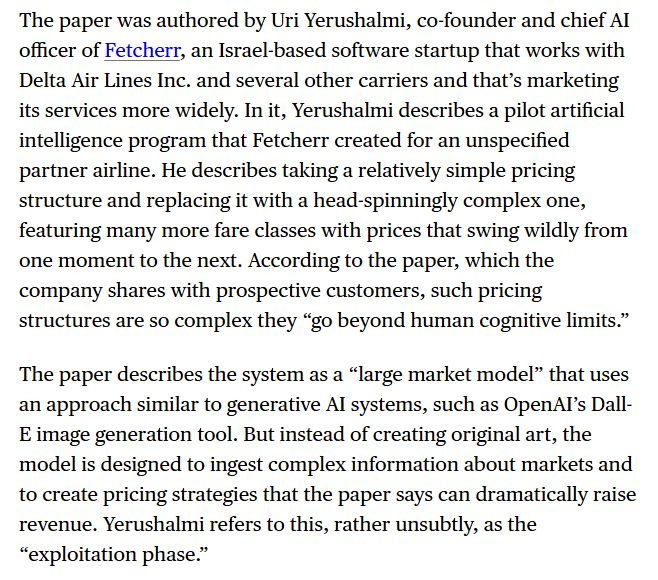
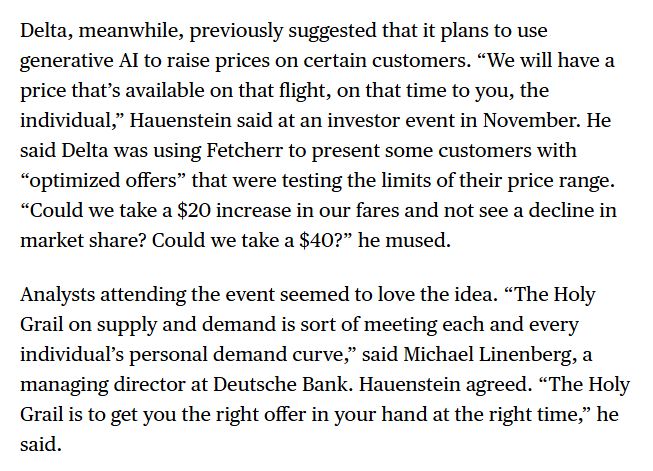
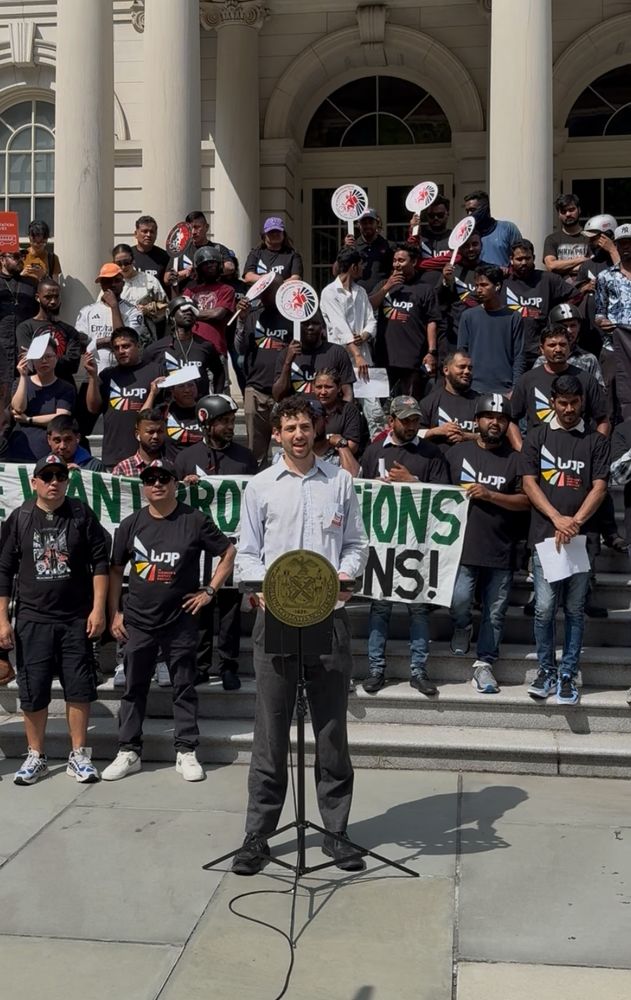
arxiv.org/abs/2506.15278

arxiv.org/abs/2506.15278
Over the last 3 years, we've been working with @workerinfox.bsky.social to audit Uber's algorithms. 1/
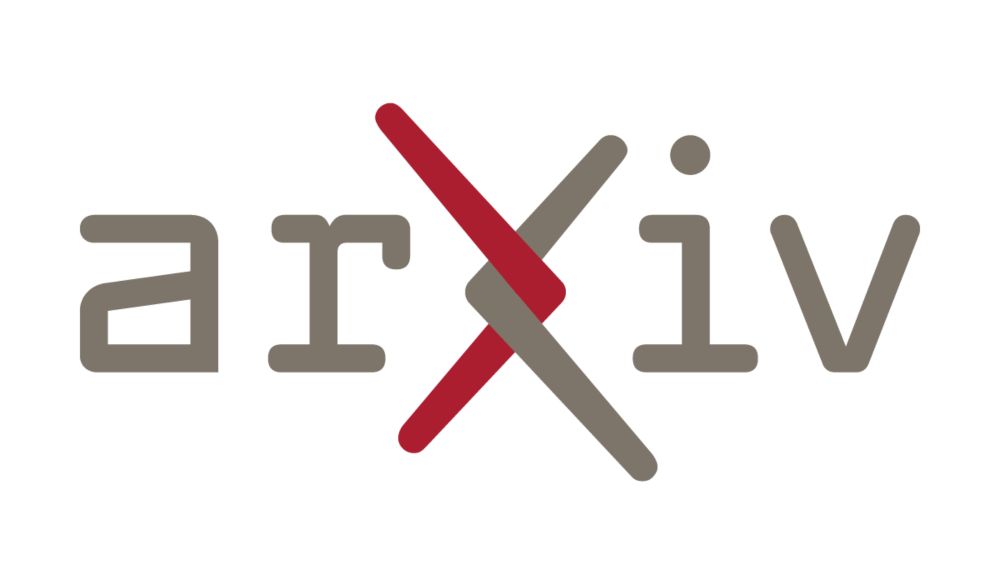
Over the last 3 years, we've been working with @workerinfox.bsky.social to audit Uber's algorithms. 1/
www.workerinfoexchange.org/post/new-res...
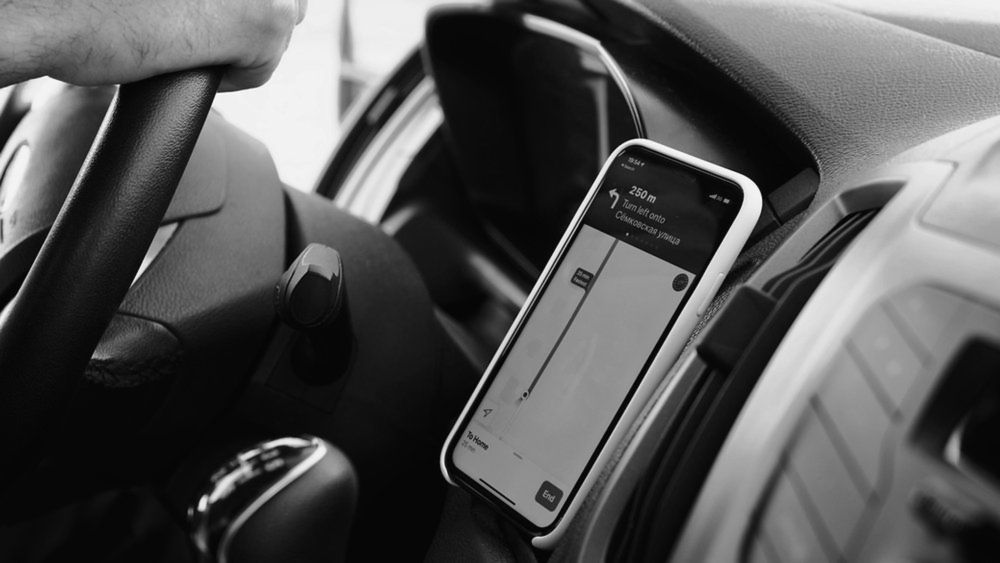
www.workerinfoexchange.org/post/new-res...
len-sherman.medium.com/how-uber-bec...
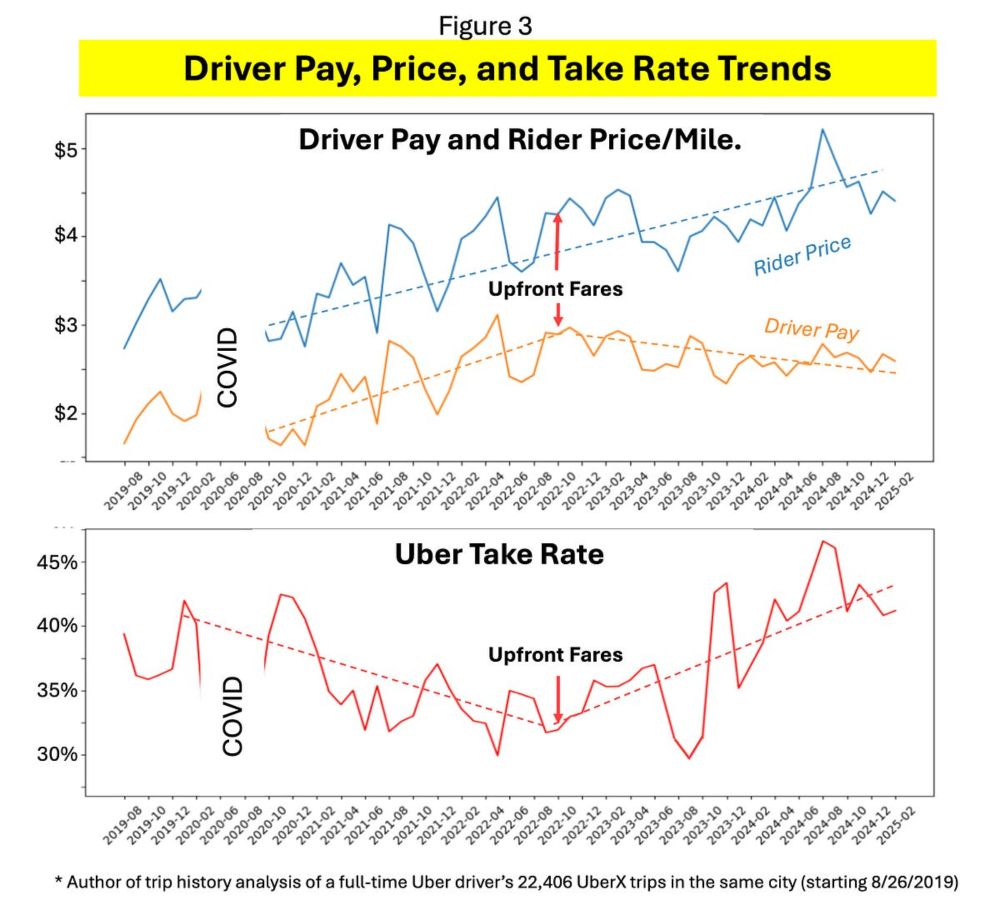
len-sherman.medium.com/how-uber-bec...
eh.net/book_reviews...

eh.net/book_reviews...
I’m running for CO Attorney General.
This campaign is about reclaiming our power from the billionaires who have stolen it from us, from working families. We will fight. And we will win. Because we love our country the core promise it made to us: The law belongs to us.

Amnesty International called Libya’s migrant detention centers a “hellscape,” where beatings and sexual violence are rampant and there are many reports of trafficking and even slavery.


Amnesty International called Libya’s migrant detention centers a “hellscape,” where beatings and sexual violence are rampant and there are many reports of trafficking and even slavery.
Companies can make their workers sign away all their rights to go to court--for wage theft, discrimination, or essentially whatever--in fine print, click-through "contracts".
Companies can make their workers sign away all their rights to go to court--for wage theft, discrimination, or essentially whatever--in fine print, click-through "contracts".
4) Trump’s public statements shouldn’t be treated as official justifications for the administration’s AEA policies.
storage.courtlistener.com/recap/gov.us...






Then, two officers visited him at his home, accusing him of "obstructing an ongoing immigration investigation"
Then, after speaking publicly, he was fired from his job at a Fortune 500 company

Then, two officers visited him at his home, accusing him of "obstructing an ongoing immigration investigation"
Then, after speaking publicly, he was fired from his job at a Fortune 500 company
abcnews.go.com/US/judge-han...

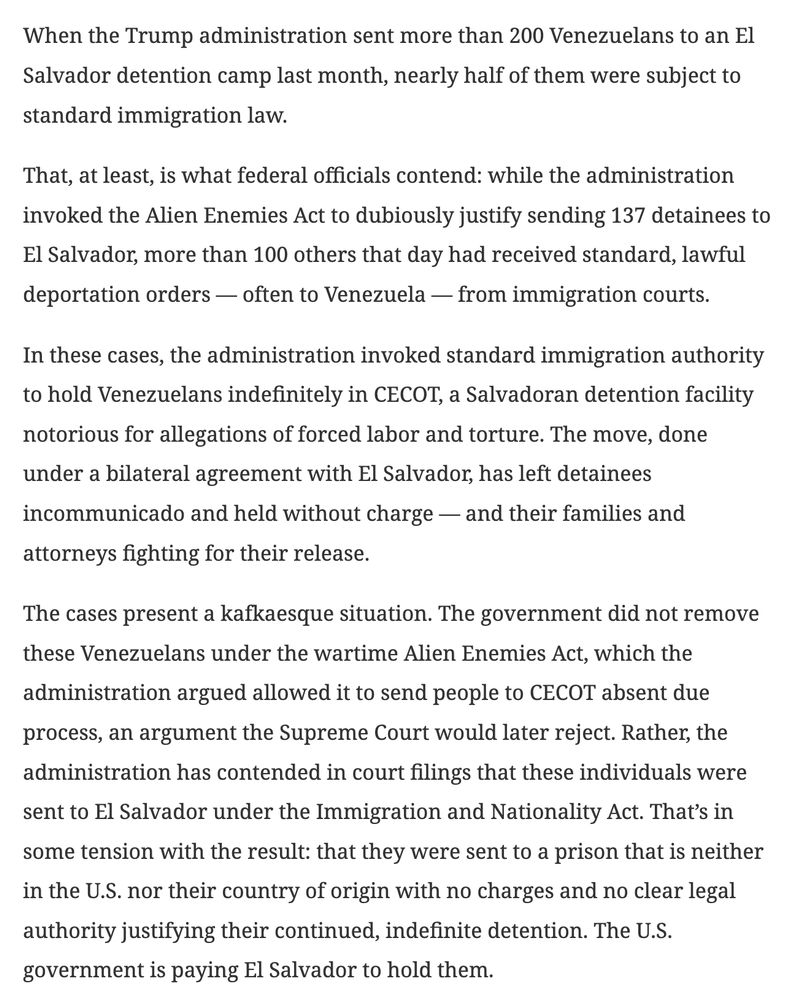
The idea seems to have been invented by Americans.

The idea seems to have been invented by Americans.

